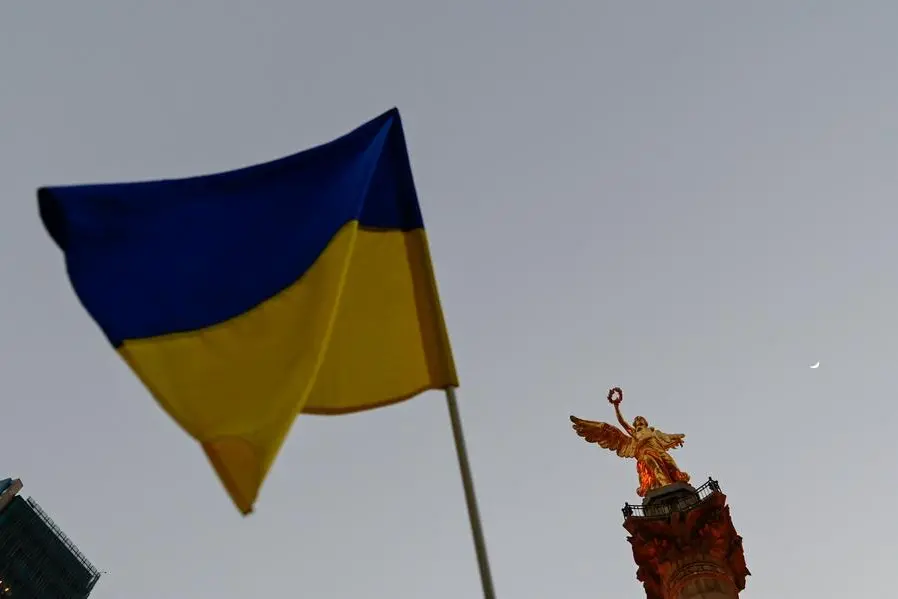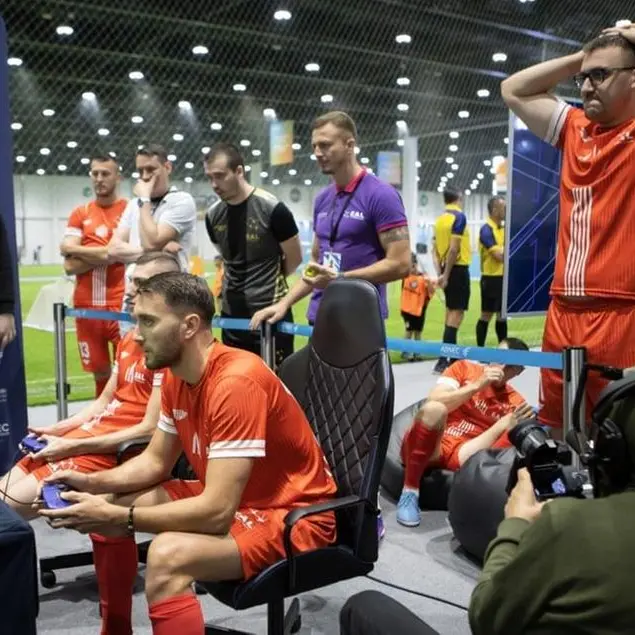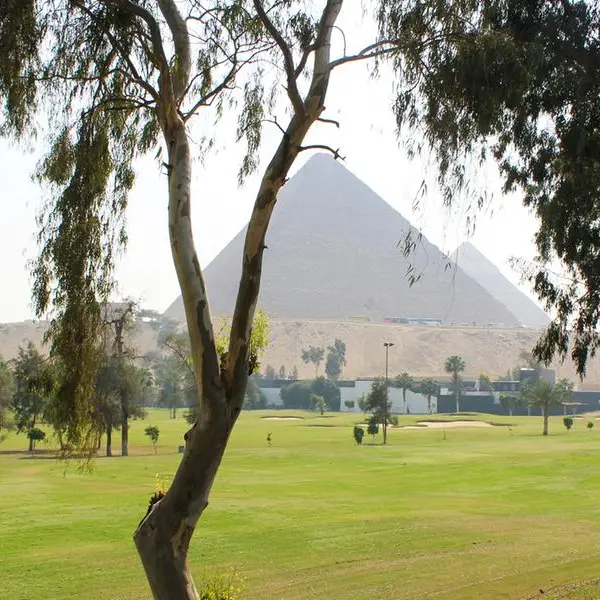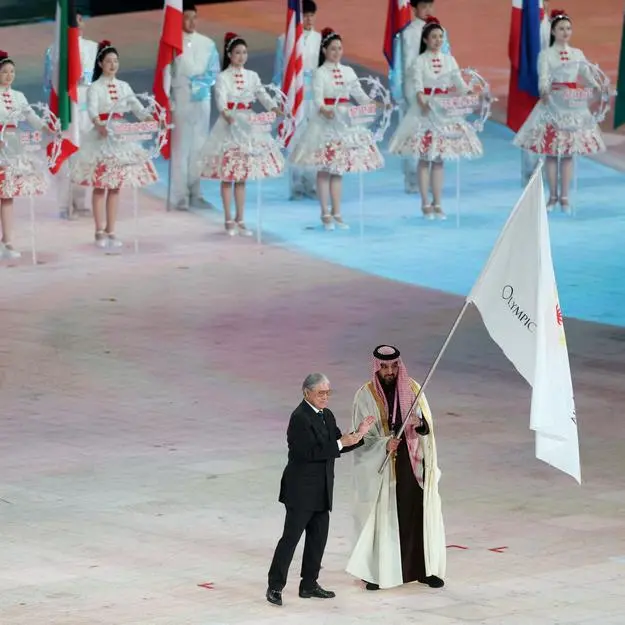PHOTO
Ukrainian basketball coach Vitalii Pinchuk knows that no matter what happens in Saturday's gold medal match at the Special Olympics, his women have already achieved an even loftier goal.
With an animated Pinchuk roaming the sidelines, the Ukrainian women's unified basketball team narrowly defeated Bangladesh 15-11 on Friday, setting up a clash with Serbia on Saturday.
"The biggest achievement for us is that we can use this opportunity for young people, especially young people with disabilities" Pinchuk told AFP.
"For them it is a very nice opportunity for stress relief and to overcome trauma, but to also make new friends and to find new soulmates from other countries."
Like most of the 35-strong Ukrainian Special Olympics delegation, Russia's invasion in February 2022 has displaced the athletes across the country and Europe.
Many report stories of air raid sirens interrupting training, while power outages have prevented any opportunity for consistent, meaningful training sessions.
Team sports have been particularly hard hit as the players have had few opportunities to play together and develop the combinations necessary to compete at the game's highest level.
- Forced to leave-
Pinchuk tells AFP "we've had difficulties because players have been forced to leave their homes, displaced into other regions inside Ukraine and also out of the country."
Around half of the 35 squad members now train outside Ukraine, including in Germany and Scotland.
The coach revealed the side "only came together two months ago... and after these two months together, we came here (to Berlin)."
Like several other 'unified' sports at the Berlin Special Olympics, basketball features players with and without intellectual disabilities.
Several rules mandate that everyone on court plays a role, regardless of intellectual capacity.
As the clock wound down in Friday's semi final, the coach was unable to stand still.
As Bangladesh launched one final attack with Ukraine up by two with only seconds remaining, the manager left the half-way line, circling behind the basket to shout directions from under the backboard.
His side collected possession from a Bangladesh error and then went coast to coast, sealing the match with a layup.
The manager chanted "Ukraine!" before storming the court to hug his players as the fulltime siren sounded.
- 'No safe place' -
Besides unifying the country behind sporting success, the Special Olympics have allowed the side to enjoy peace and security once more.
Delegation lead Serhij Komissarenko told AFP subsidiary SID the athletes had found welcome respite from the war in Berlin.
"The whole of Ukraine is being bombed. There is no safe place for us there," Komissarenko explained, saying "the war at home is terrible"
The team had received a "very friendly" welcome in the German capital.
Komissarenko served as Deuputy Prime Minister of Ukraine from 1990 to 1992 and ran for president in 2004, before going into sports administration.
The 79-year-old is well aware of the importance of sport during "difficult" years, saying "we are very happy to represent Ukraine here" while promising that the side will "win more medals."
"Our athletes are doing well, they love to win but the most important thing is to be here."
Taking part in an Olympic games during wartime highlights the importance of supporting people with intellectual disabilities, which advocates say are not prioritised at present.
Speaking with CNN in March, President of the Ukrainian Coalition for Persons with Intellectual Disabilities said she was "told by officials that care and support for people with intellectual disabilities and their families is 'a luxury' during wartime".
"So, we will all have to wait until after the war to have this luxury."
The Ukrainian women's efforts mean that they will leave Berlin with at least a silver medal.
Pinchuk lauded his side's "incredible" effort, not to be playing for the gold but to have even made it in the first place.
"We are very proud to be here. Despite all the difficulties, we came and we performed."
"We are very happy."





















